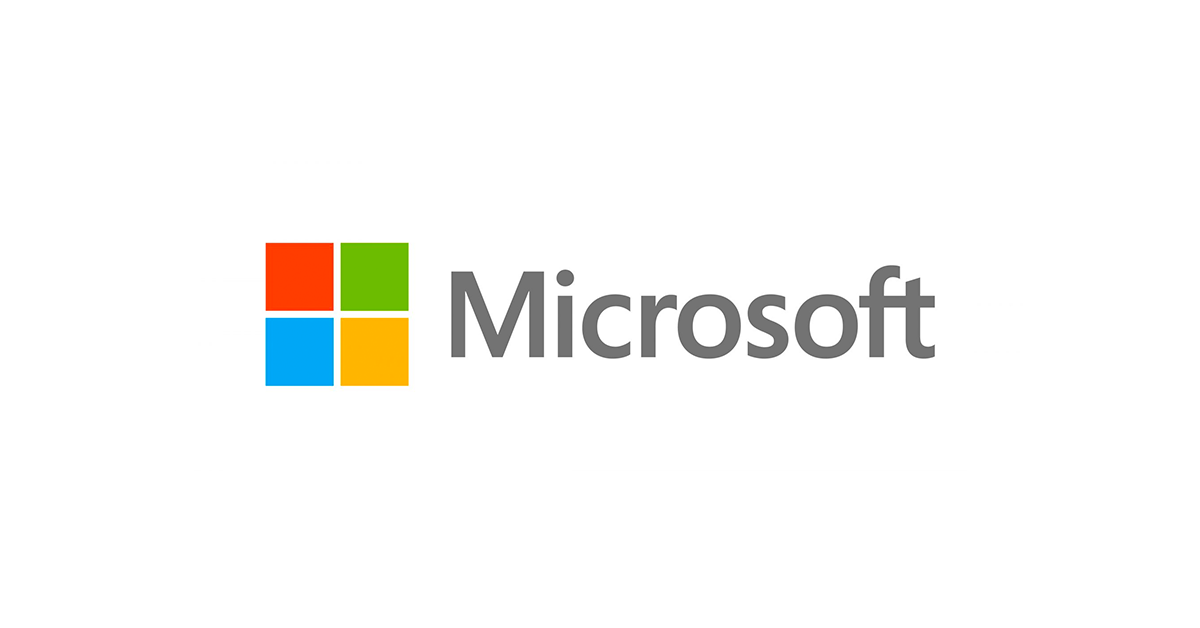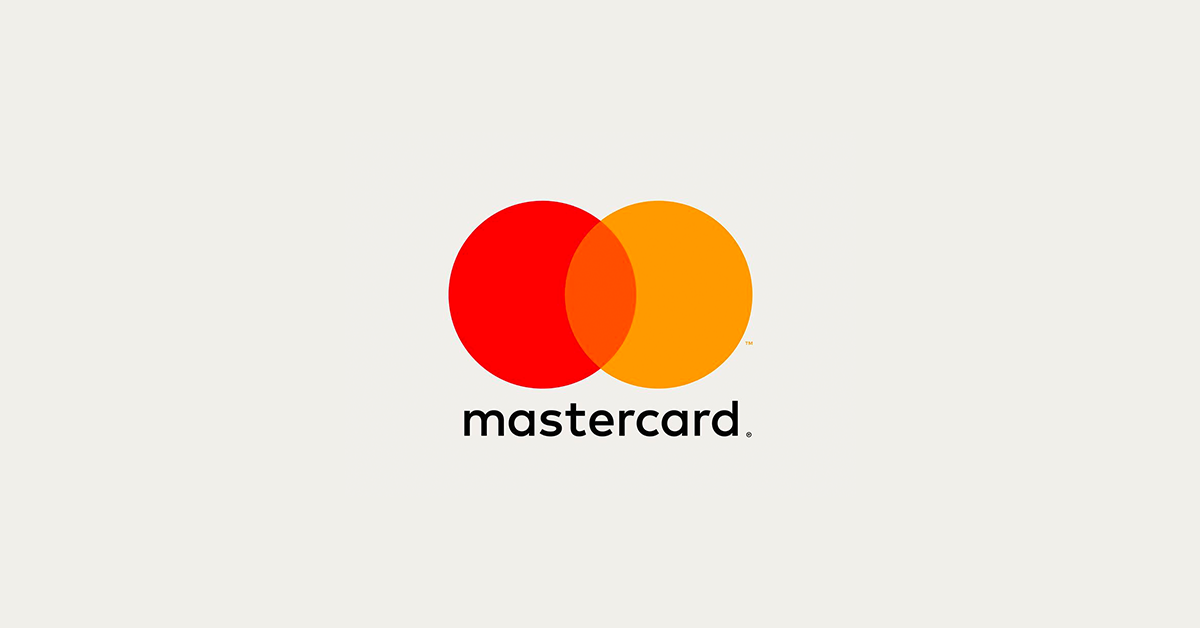Ethics versus profits has long been the subject of fierce debate among business practitioners. After all, they exist on opposite ends of the corporate spectrum, especially in ESG, given that ethics is central to its principles.
However, incorporating ESG into your cross-border business strategy should not be ethics versus profits; rather, ethics AND profits. Besides promoting sustainability, it can boost your company’s performance and competitiveness by attracting customers who share your values, helping you build a credible brand reputation.
In 2019, McKinsey said getting ESG right creates more value in 5 areas.
- Market - Retaining and gaining customers by offering sustainable products that resonate with their values
- Operations - Achieving cost efficiency through reduced packaging and energy consumption with net-zero initiatives
- Regulation - Gaining strategic freedom through deregulation or governmental support for green initiatives
- Talent - Increasing productivity by boosting employee morale with fair treatment and policies
- Capital - Enhancing budget management by identifying and avoiding plans that may not bring long-term benefits
Ernst & Young, in a study, said ESG funds performed better than regular funds during global recessions because they guarantee long-term business resilience. The study showed that companies with strong ESG propositions achieved an average return on investment of 10.4%, compared to 7.4% for organisations with weak ESG performance.
Here are some successful ESG approaches:
Microsoft

In 2020, Microsoft announced it would become carbon-negative by 2030. The multinational technology corporation has since invested in renewable projects to achieve this goal. It has also rolled out its “Environment Sustainability Vision” programme.
Result: Microsoft has reportedly seen a reduced carbon footprint, increased energy efficiency and decreased waste generation. It has also reported a USD 10 billion increase in sales stemming from its ESG initiatives.
Mastercard

Under its ESG strategy focusing on the pillars of people, prosperity and the planet, the payment processing giant has vowed to “do well by doing good”.
Result: Mastercard has connected more than 780 million people to the digital economy since 2015 and added 15 new reforestation sites worldwide in 2022. Internally, it has continued to close the global median pay gap between male and female employees.
Costco

Under its “Sustainable Business Strategy” programme, the US retail giant has committed to reducing waste, promoting sustainability in supply chains and investing in renewable energy.
Result: Costco has reportedly seen a 20% increase in customer satisfaction, a 15% increase in employee engagement and a 10% increase in shareholder value.
Here are some cautionary tales:

In 2018, allegations surfaced that Cambridge Analytica, a political consulting firm, had harvested the personal data of 87 million Facebook users without consent. This data was reportedly used for political purposes, including targeted political ads during the election.
Result: Facebook saw its shares plummet almost 16%. The scandal also damaged the company’s reputation among users and regulators.
Volkswagen

In 2015, Volkswagen, one of the world’s largest automakers, admitted to deliberately manipulating emission tests for its diesel vehicles to conceal levels of pollutants that exceeded regulatory limits.
Result: The scandal sent a shockwave through the automotive industry. Volkswagen suffered enormous monetary and reputational damage as it had to recall and fix many of its shipped cars, paid compensation and incurred heavy fines.
Conclusion
As discussed above, embracing ESG can bring success to companies. Many have advanced their reputation as ESG practitioners and witnessed tangible benefits related to corporate growth. However, ESG demands genuine commitment, for lessons can be painful. In the cross-border payment industry, where every transaction is a token of trust, ESG is not a choice but a direct path to sustainability and good governance.
Editor’s note: This is the 3rd article in our series on ESG. To know more about ESG in fintech, read the first and second ones.







